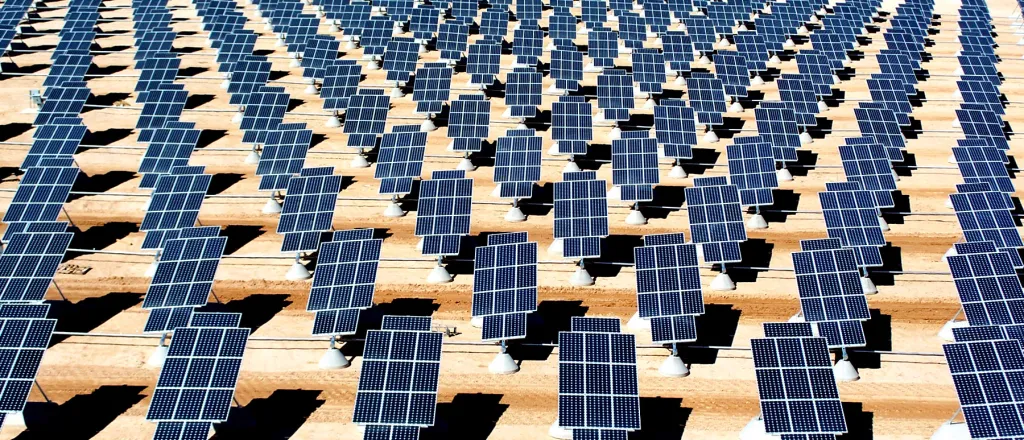
Solar canopies throw shade on Colorado school parking lots
(Colorado News Connection) Colorado schools are joining the struggle to hold off the worst impacts of climate change and lower their energy bills by installing solar canopies on top of overheating parking lots.
More than $33 million from a climate fund approved by Denver voters will be invested to install and maintain canopies at 12 schools and other locations.
Emily Gedeon, director of communications and engagement for the Denver Office of Climate Action, Sustainability and Resiliency, said schools and communities across Denver will see significant benefits.
"The energy produced by these solar panels is going to power the school," Gedeon explained. "The excess energy that's generated is going to be donated by bill credits to Denver Public Schools' families in need."
The canopies are projected to save hundreds of low-income families up to $700 a year on their utility bills. City officials expect to get most of the initial investment back through Inflation Reduction Act tax credits, and credits from Xcel Energy.
Work on a 309-kilowatt canopy is underway at Denver Public Schools' Northeast Early College High School, where students from traditionally underserved communities can earn college credits and professional certificates.
Gedeon noted the solar project is a good fit for the school's Environmental Pathways Program, where students explore green energy careers.
"There is a great hands-on opportunity for students to be able to learn about clean energy," Gedeon outlined. "How it works, when there are peak hours of the day, when they are generating the most electricity, and learning about how our grid works and how clean energy integrates into it."
She added the canopies will also reduce the "urban heat island" effect created by sun-blasted parking lots. Once online, the solar arrays are expected to produce nearly 10 million kilowatt-hours of electricity a year, and eliminate 70,000 metric tons of climate pollution over the next decade.
"The power produced by these solar canopies is equivalent to planting over a million trees, or getting 1,500 cars off the road every year," Gedeon pointed out.

















